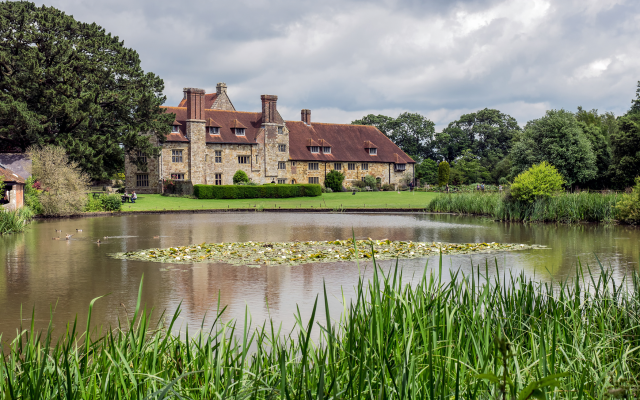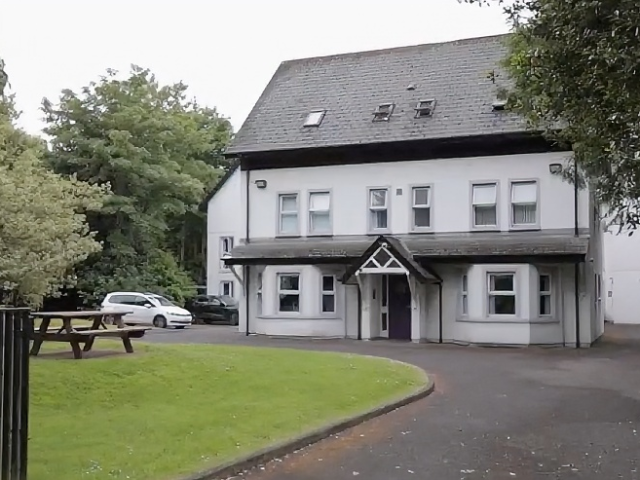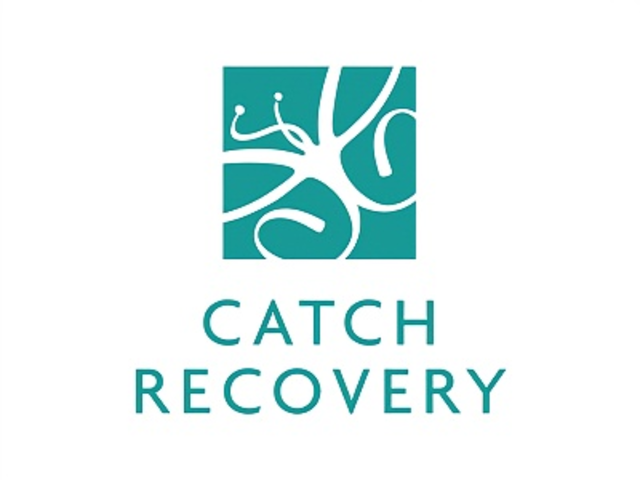More About Post-Traumatic Stress Disorder (PTSD) Treatment Centers
Post-traumatic stress disorder (PTSD) is a mental health condition that can develop after experiencing or witnessing a traumatic event. Traumatic events can include, but are not limited to, military combat, natural disasters, serious accidents, physical or sexual assault, or other forms of violence.
Not everyone who experiences a traumatic event will develop PTSD, as people's responses to trauma can vary; however, for those who do develop PTSD, it can significantly impact your daily life, relationships, and overall well-being.
Recognizing and Diagnosing PTSD
PTSD can be diagnosed by a qualified mental health professional, such as a psychiatrist or psychologist, through a comprehensive evaluation based on criteria outlined in the Diagnostic and Statistical Manual of Mental Disorders (DSM-5). The criteria for PTSD includes:
- Exposure to actual or threatened death, serious injury, or sexual violence
- Presence of 1+ intrusion symptoms, such as recurring distressing memories or dreams of the event(s) and dissociative reactions, associated with the traumatic event(s)
- Persistent avoidance of stimuli associated with the traumatic event(s) after the event(s) occurred
- Negative alterations in cognitions and mood associated with the traumatic event(s)
- Marked alterations in arousal and reactivity associated with the traumatic event(s)
- These changes have been consistent for 1+ month
- These changes cause clinically significant distress or impairment in social, occupational, or other important areas of functioning
- These changes are not due to medication or substance use
If you think that you or someone you know has PTSD, it’s crucial to note if they’re experiencing these symptoms. PTSD symptoms can be broken down into 4 categories:
- Intrusive thoughts and memories: People with PTSD often experience intrusive and distressing thoughts, memories, or flashbacks related to the traumatic event. These thoughts can happen suddenly and feel overwhelming. They can be triggered by reminders of the trauma, such as specific sounds, smells, or situations.
- Avoidance and numbing: Individuals with PTSD may actively avoid anything that reminds them of the traumatic event, like avoiding certain places, activities, or even conversations. They may also try to push away thoughts or feelings associated with the trauma. This avoidance can lead to a sense of emotional numbness and detachment.
- Negative changes in thoughts and mood: PTSD usually involves negative thoughts and emotions. This could be negative beliefs about oneself, others, or the world, as well as damaging thoughts about the cause or consequences of the trauma. They might feel guilt, shame, or fear and have difficulty experiencing positive emotions.
- Hyperarousal and reactivity: Those with PTSD often feel on edge or constantly alert to potential threats. This state of hyperarousal can manifest as irritability, anger outbursts, difficulty concentrating, exaggerated startle responses, and trouble sleeping. They may be easily startled or experience intense anxiety or panic attacks.
Not everyone with PTSD will experience all of these symptoms, and the severity and duration of symptoms can vary from person to person. The symptoms can fluctuate over time and be influenced by factors like your support system, coping mechanisms, and co-occurring disorders.
What causes PTSD?
Experiencing or witnessing a traumatic event can cause PTSD. There are no restrictions on what can cause it; however, common causes of PTSD include:
- Combat and military experiences
- Physical or sexual assault
- Natural disasters
- Accidents and serious injuries
- Childhood trauma
- War and conflict
Treatment for PTSD
If you or someone you know has PTSD, it’s important to seek out professional, trauma-informed care as the symptoms can be difficult to manage by yourself. PTSD treatment typically involves a combination of therapy and medication.
Talk therapies can help you process trauma events and how they have affected you. Cognitive behavioral therapy (CBT) focuses on identifying, and changing, negative thought patterns and behaviors related to the traumatic event. Eye movement therapy (EMDR) combines elements of exposure therapy and guided eye movements to process traumatic memories and reduce their distressing effects. Prolonged exposure therapy (PE) involves gradually and repeatedly approaching trauma-related memories, feelings, and situations in a safe and controlled way. It helps you confront and process your traumatic experiences to reduce avoidance and fear.
In some cases, medications may be prescribed to help manage specific symptoms of PTSD, such as anxiety, depression, or sleep issues. Antidepressants, particularly selective serotonin reuptake inhibitors (SSRIs), are commonly prescribed for PTSD. Medication is most effective when used in combination with therapeutic interventions.
Finding Support for PTSD
Reaching out for support for your PTSD is a sign of strength. You can schedule an appointment with your primary care physician to get a diagnosis and talk about your treatment options. They will be able to refer you to professionals who specialize in PTSD. Some people may need a more intensive level of care to help monitor and manage their symptoms. When talking to your doctor, consider discussing which level of care best fits your needs:
- Outpatient (OP): You’ll meet 1-2x per week with your provider and others in treatment.
- Intensive outpatient (IOP): You’ll meet 3-5x per week for several hours at a time for more intensive care.
- Partial hospitalization (PHP): You’ll meet 5-7 times a week for a full day.
- Residential: You’ll live in a rehab for 28+ days and engage in treatment with a comprehensive staff and a community of peers.
- Inpatient: You’ll live in a treatment center or hospital-like setting and have 24/7 monitoring.
If you’re a veteran, look through the PTSD resources available on the Department of Veterans Affairs. They provide a range of services specifically designed to support veterans with PTSD. This includes access to mental health professionals, specialized PTSD treatment programs, and support groups. The Veterans Crisis Line is a confidential helpline that offers support, counseling, and referral services to veterans in crisis. You can reach them 24/7 by calling 988 and then pressing 1 or texting 838255.
Questions to Ask Your Provider
To navigate your different treatment options, you may want to discuss some important questions with your provider:
- What type of medication(s) will I be on? Do those medications have side effects?
- Can you explain the techniques or approaches that will process trauma in therapy?
- How often will I check in with my provider about my medication dosage and effectiveness?
- What are my treatment options? What are the benefits and risks of each?
- What can I do in a crisis situation when my symptoms flare up?
- Are there lifestyle changes I can do to help manage symptoms?
How to Help Someone with PTSD
Supporting someone who has PTSD requires compassion and patience. Allow the person to express their feelings, and let them know that their feelings are valid and understandable given their experiences. Create a safe and supportive environment where they feel comfortable sharing.
Encourage professional help. Offer to help them find resources or accompany them to appointments. You can also learn more about PTSD and its effects to better understand what the person is going through. You may find this through online research or by asking your primary care practitioner how you can best help your loved one. This knowledge can help you provide appropriate support.





































